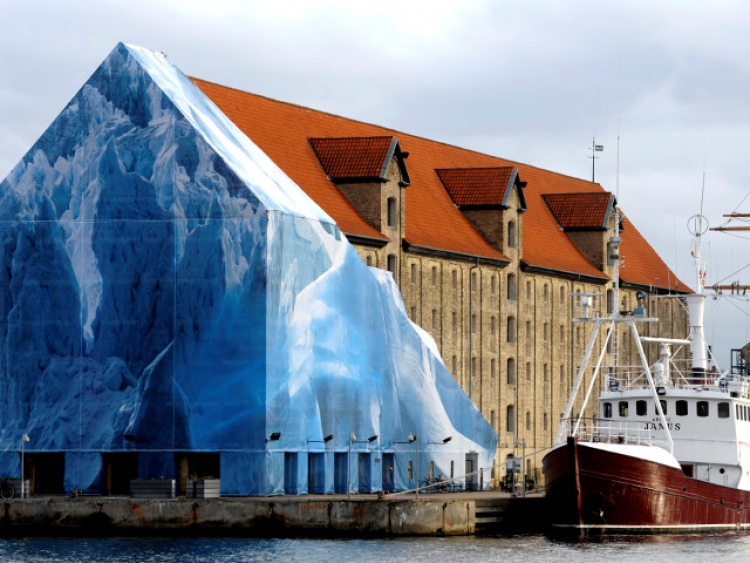Climate: science, policy and economy
 Johannes Jansson/norden.org
Johannes Jansson/norden.org
Johannes Jansson/norden.org
Johannes Jansson/norden.org
The environment, the climate and energy have long been one of the key areas of cooperation among the countries of Northern Europe, and in light of global trends their importance is growing even more. The climate and the environment are factors that must be taken into consideration in each and every field.
The Nordic countries have taken a number of steps to reduce, alleviate and adapt to the impact of climate change. The Nordic Environment Finance Corporation (NEFCO) has provided funding for renewable energy infrastructure and a number of projects designed to limit environmental impact and emissions in the Baltic States and north-western Russia.
The Nordic Partnership Initiative, a programme designed to reduce emissions that was established at the time of the Durban climate change conference (COP17), aims to limit the amount of harmful gases discharged in the course of waste handling and from the cement industry in Peru and Vietnam.
The Nordic countries have set some truly ambitious goals – including to bring the amount of carbon being released into the atmosphere to zero by 2050. The International Energy Agency and Nordic Energy Research institute have worked together to produce a comprehensive analysis which states that a CO2-neutral economy in the Nordic countries is not only achievable, but achievable at an economically acceptable cost.
Realising climate goals should not hinder economic development; rather it should take it to a new level. Adopting the principles of the green economy has made Northern Europe a leading exporter of know-how and technology.
The global problems resulting from climate change require an international response. Not that this means such changes and the activities related to them need always be dealt with on a global scale – a regional response is just as valuable, since the changes manifest themselves in different parts of the world in different ways, and much of the action that has a widespread effect starts with steps taken locally.
In order to enhance the regional collaboration in the climate issues we organised a high-level Nordic-Baltic conference together with the Estonian Ministry of Environment, Stockholm Enviroment Institute Centre in Tallinn and Tallinn University Institute of Communications in autumn 2013. The confernece "Climate from the Nordic-Baltic Perspective: Science, Policy, Economy" looked at the future of our region and our options in the global context. Besides several international experts and high-level policy-makers the Estonian, Finnish and Swedish ministers of environment discussed climate policy and next steps in the near future.
Information about the climate, Estonia's climate policy, international climate agreements and more can be found on the website of the Estonian Ministry of the Environment.
